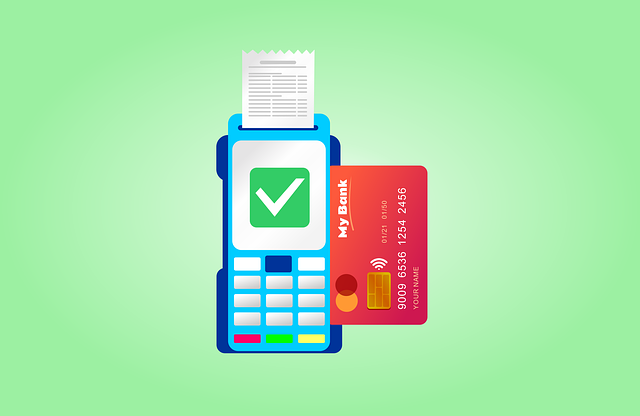Invoice financing offers businesses a flexible alternative to traditional loans, using outstanding invoices as collateral for immediate working capital. It's non-intrusive, avoiding strict credit checks or personal guarantees, and aligns with digital automation for streamlined cash flow management. Ideal for seasonal shifts, rapid growth periods, and companies facing late payments or irregular cash flows, invoice financing provides a viable option over conventional loans' rigid terms and requirements.
Invoicing financing, a game-changer for businesses seeking capital, offers a robust alternative to traditional loans. This strategy enables companies to access funds quickly by leveraging outstanding invoices. Understanding its benefits is crucial in today’s fast-paced market. However, managing risks associated with this process is essential for success.
This article navigates the world of invoice financing, providing insights into risk assessment and mitigation strategies. From assessing customer creditworthiness to leveraging technology, we explore practical tips ensuring a secure funding journey, setting businesses up for financial success while minimising potential pitfalls.
- Understanding Invoice Financing and Its Benefits
- – Definition and explanation of invoice financing
- – Advantages over traditional loans
Understanding Invoice Financing and Its Benefits

Invoice financing offers a unique alternative to traditional loans, particularly for businesses seeking flexible funding options. Unlike loans that require collateral and strict repayment terms, invoice financing leverages your company’s outstanding invoices as collateral. This means business owners can access working capital by selling their accounts receivable at a discount, providing immediate cash flow. It’s a game-changer for firms looking to manage cash flow, especially during seasonal fluctuations or periods of rapid growth.
One significant advantage of invoice financing over loans is its non-intrusive nature. It doesn’t involve extensive credit checks or require personal guarantees, making it less disruptive to your business structure. This form of funding also aligns with the digital era, as the entire process can be automated, enabling businesses to focus on core operations while ensuring a steady financial pipeline.
– Definition and explanation of invoice financing

Invoice financing is an alternative funding method that enables businesses to access cash flow by selling their outstanding invoices (invoices for goods or services supplied to customers) to a third-party funder, often at a discount. Unlike traditional loans, which are secured against assets, invoice financing is based on the creditworthiness of the customers and the quality of the invoices themselves. This method provides businesses with a quick and flexible way to manage their cash flow, particularly during periods of late payments or unexpected cash shortages.
In contrast to loans, where repayment terms are set in advance, invoice financing offers a more dynamic approach. Businesses can sell invoices as needed, allowing them greater control over their finances. This is especially beneficial for companies with irregular cash flow patterns or those dealing with customers who frequently delay payments. By utilizing invoice financing, businesses can avoid the stringent borrowing requirements and fixed repayment schedules associated with traditional loans, making it a compelling option in today’s dynamic business environment.
– Advantages over traditional loans

Invoice financing offers a compelling alternative to traditional loans for businesses seeking flexible funding solutions. Unlike bank loans that often require collateral, extensive credit checks, and strict repayment terms, invoice financing is based on your existing accounts receivable. This means businesses can access capital quickly by selling outstanding invoices at a discount, with repayment linked to the eventual collection of those invoices.
This innovative approach provides several advantages. It preserves working capital since no repayment is due until the customer pays their invoice. Additionally, it offers a potential tax benefit as the discount on the invoice sale may be deductible as an expense. This form of financing also enhances cash flow forecasting and can be tailored to each business’s unique needs, making it a particularly attractive option for companies with seasonal revenue or those facing unexpected cash flow gaps.






